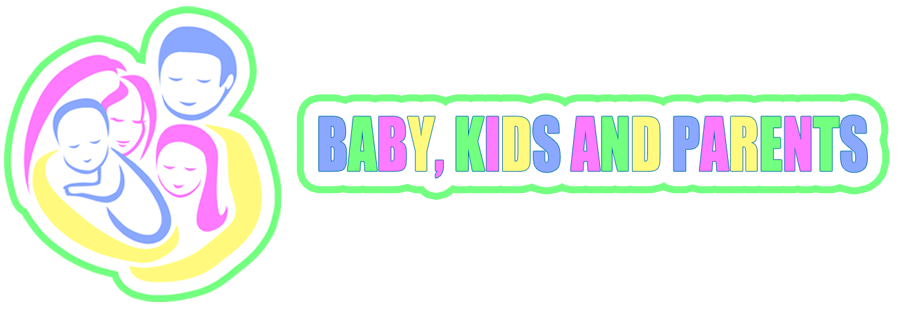
When you're leaking milk out of both nipples and wearing spit-up stains like epaulets, it's hard to remember that the early months with baby don't last forever. But as everyone from your mom to the grocery store cashier will tell you, the 3 a.m. wake-up calls, fights with the five-point harnesses, and incessant "Wheels on the Bus" medleys really do pass in the blink of an eye. In their place remain only the sweetest moments of early parenthood, when smelling your baby's head was as relaxing as a yoga class and when your arms hardly ached after holding her for hours.
Of course, that fondness won't hit you for a while. My son is about to enter kindergarten, and I've just started to forget how exhausted I felt back then, how I had to schedule my days around his naps, meals, and diaper changes. Here are the 10 baby book-worthy memories I think about instead.
1. Baby fat. My son was a solid 9 pounds at birth and never looked back. As such, I was able to enjoy a year or two of pure baby roll bliss. His cheeks were fleshy balloons, and his pudge created insanely cute (and deep) creases around his neck, thighs, fingers, toes, and wrists that were visible even under clothes. The rolls meant a little extra maintenance—the ones around the neck were notorious milk-trappers—but they also made him look like a buff mini superhero. And what mom doesn't love that?
2. Nap time. For 18 long, terrible months, my son refused to sleep through the night. My saving grace during that time—other than coffee, of course—were his daily naps. Sure, I sometimes wished I didn't have to plan my day in pre- and post-sleep segments, but I took those pockets of down time for what they were: stretches of much-needed me time where I could sink into the sofa or do things that required two hands, like make a sandwich. Every once in a while, when it's 3 p.m. and I'm still building Lego towers, I'll ask if he'd like to take a nap. He says no every time, but I'm holding out hope he'll have a change of heart one of these days.
3. Strolling. Truth? I had a love-hate relationship with our stroller. It was a necessary evil—how else to get across town on foot?—but it was also a pain to navigate. If a store had a set of stairs instead of a ramp, I didn't go in. When we went out to eat, we had to deal with squeezing our baby's ride into an already-crowded stroller parking area. If we were ambling through a hipster neighborhood, we had to withstand many a stink eye. But now that my son is able to walk everywhere, I've come to appreciate—and miss—how much faster we used to move on wheels.
4. Oh-so-sweet baby smells. Peonies, step aside. Vanilla-scented candle, it’s been real. The first time I caught a whiff of my son’s delicate, honeyed newborn scent, I was hooked. Let’s put it this way: It was so intoxicating that I found myself even sniffing his sausage-like toes. It’s a good thing I soaked up the goodness back then, because some time around the start of the school year, his sweet tootsies turned into full-on stinky kid feet.
5. A constant stream of visitors. Having a baby gave my husband and me a built-in reason to bow out of a 10 p.m. dinner party in Brooklyn or skip a holiday party neither of us wanted to attend anyway. Not that it mattered. Our friends and family couldn't wait to meet our kiddo so they happily traveled to us—usually with a meal in hand.
6. Adorable clothes. Kimono-style onesies, footed pants, sock with grippers on the bottom, clothes with animal faces on the bum—there's nothing cuter than baby clothes. And if you're the parent of a boy, you'll quickly discover that the cuteness of his wardrobe peaks around age 2. After that, it's a downhill slide into superhero shirts, sweat-stained athletic socks, and grimy jeans. Trust me.
Source http://www.parents.com/
All content on this Web site, including medical opinion and any other health-related information, is for informational purposes only and should not be considered to be a specific diagnosis or treatment plan for any individual situation. Use of this site and the information contained herein does not create a doctor-patient relationship. Always seek the direct advice of your own doctor in connection with any questions or issues you may have regarding your own health or the health of others.

